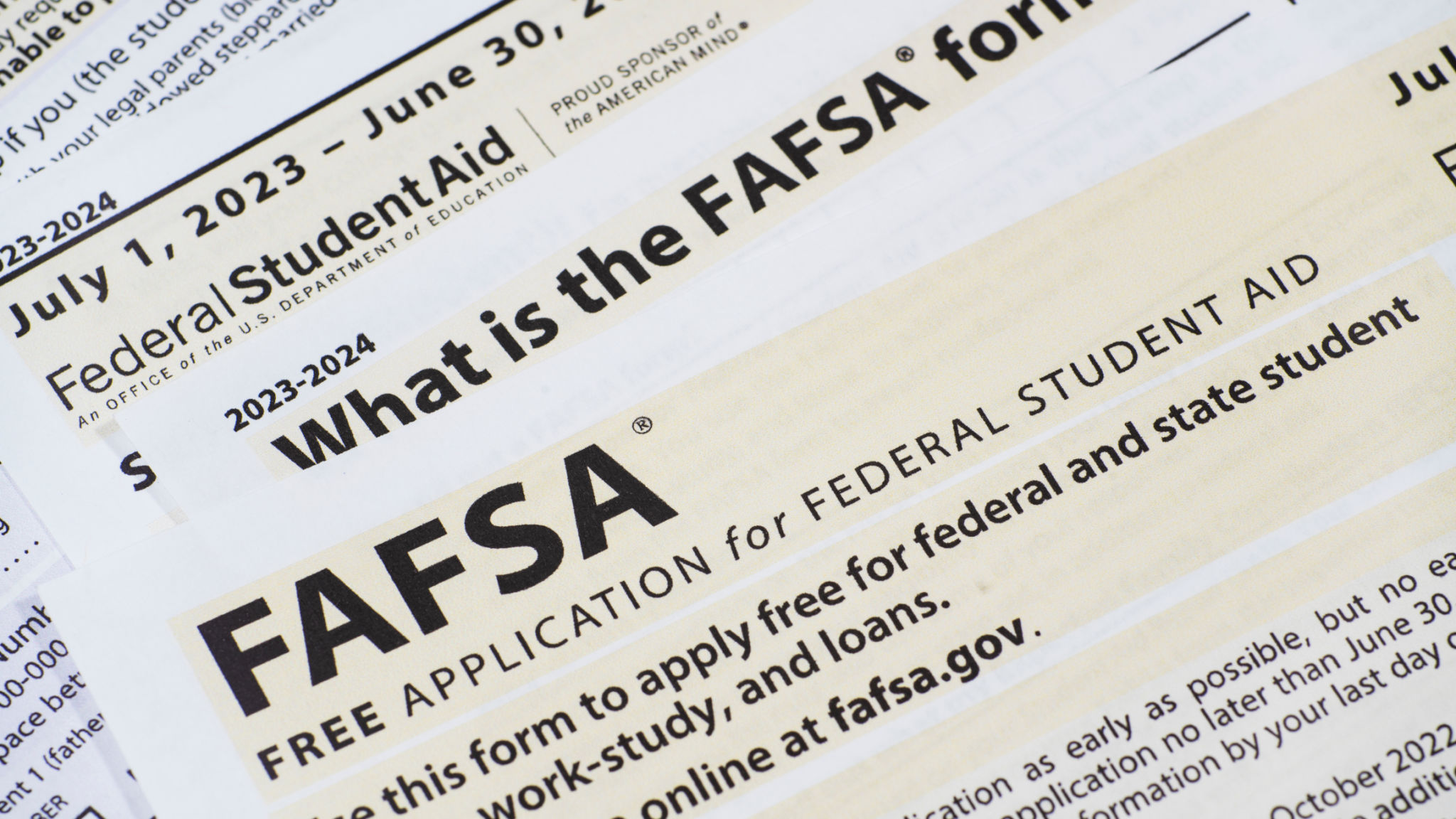Debunking Myths About US College Admissions
Understanding the Holistic Admissions Process
One of the most pervasive myths about US college admissions is that it solely revolves around your GPA and standardized test scores. While these factors are certainly important, many colleges, especially highly selective ones, adopt a holistic admissions process. This means they consider a wide range of factors, including extracurricular activities, personal essays, recommendation letters, and interviews.
Admissions officers are looking for well-rounded students who will contribute to the campus community in various ways. They want to see your passion, leadership, and unique experiences that set you apart from other applicants. So, don't be discouraged if your grades aren't perfect; your other achievements and qualities can significantly bolster your application.

The Role of Extracurricular Activities
Another common misconception is that you need to be involved in a dozen different extracurricular activities to impress admissions committees. In reality, colleges prefer depth over breadth. They are more interested in your sustained commitment and leadership in a few activities rather than superficial involvement in many.
For instance, if you have been part of the debate team for several years and have taken on a leadership role, this demonstrates dedication and growth. Similarly, if you have a passion for community service and have consistently volunteered at a local shelter, this shows your commitment to making a positive impact.

The Importance of Personal Essays
Many students underestimate the significance of personal essays in the admissions process. These essays offer a unique opportunity to showcase your personality, values, and aspirations. A well-crafted essay can provide context to your achievements and explain any challenges you have overcome.
It's crucial to be authentic and reflective in your writing. Admissions officers can easily spot generic or exaggerated content. Instead, focus on sharing your genuine experiences and insights. This will make your application more memorable and compelling.
Financial Aid and Scholarships
There's a widespread belief that only students from affluent families can afford to attend top-tier colleges. However, many institutions offer generous financial aid packages and scholarships to ensure that cost is not a barrier to education. It's essential to research and apply for these opportunities early.
Most colleges use the Free Application for Federal Student Aid (FAFSA) to determine your eligibility for federal, state, and institutional aid. Additionally, many schools have their own financial aid forms and deadlines. Don't hesitate to reach out to the financial aid office for guidance and support.

Legacy and Connections
While it's true that legacy status and connections can sometimes play a role in admissions, they are not the be-all and end-all. The majority of students admitted to top colleges do not have any legacy or special connections. Admissions committees are primarily focused on your merits and potential contributions to the campus community.
It's important to remember that every applicant has a unique story and set of qualifications. Even if you don't have legacy status or connections, you can still present a strong application by highlighting your strengths and experiences.
Final Thoughts
US college admissions can be a complex and often misunderstood process. By debunking these common myths, you can approach your application with greater confidence and clarity. Remember that colleges are looking for diverse and dynamic students who will enrich their communities in various ways.
Focus on showcasing your authentic self, highlighting your achievements, and demonstrating your potential. With careful planning and effort, you can navigate the admissions process successfully and find the right college fit for you.